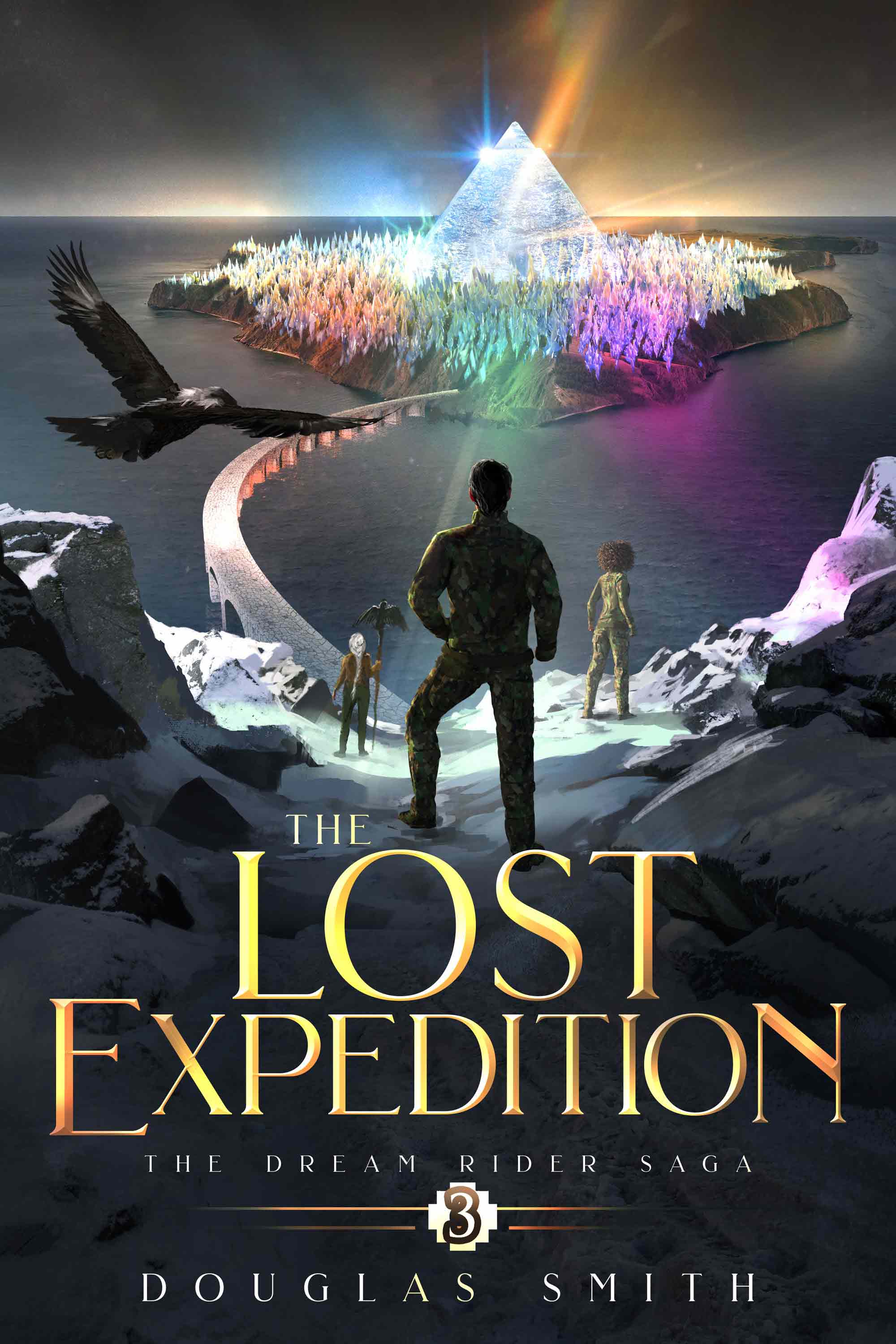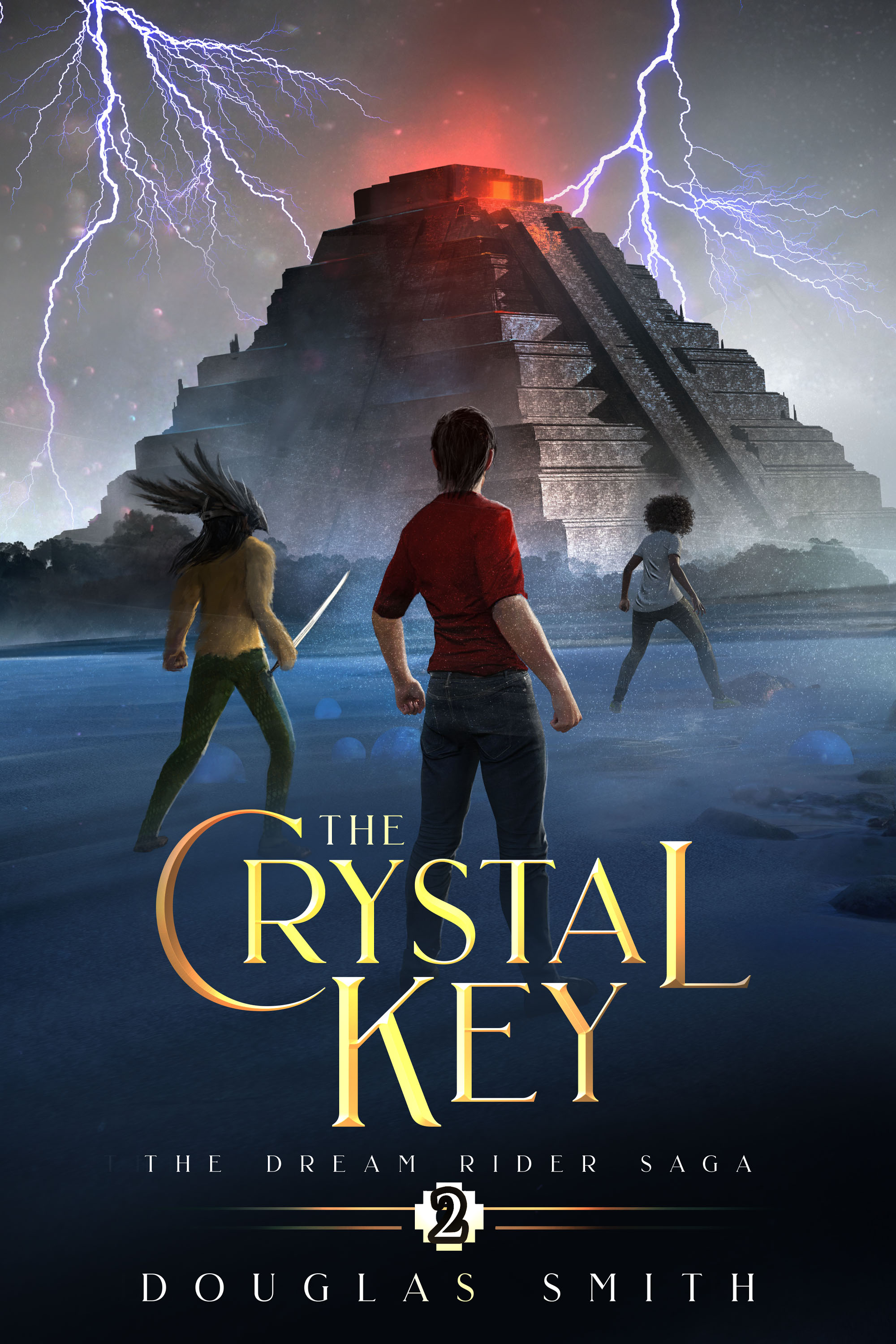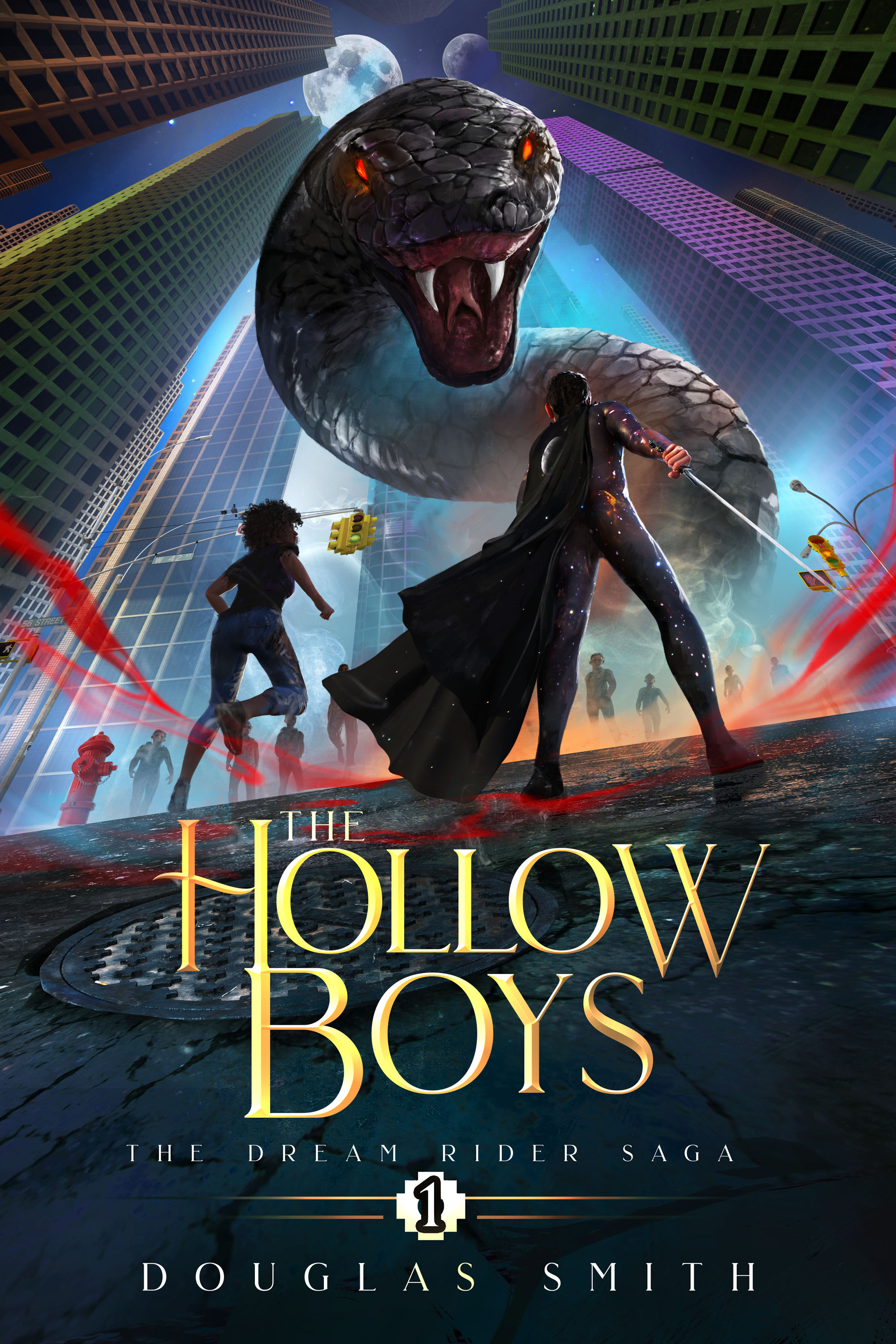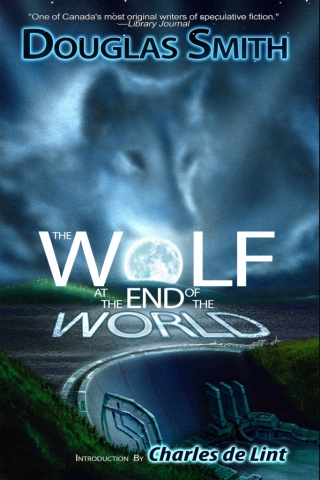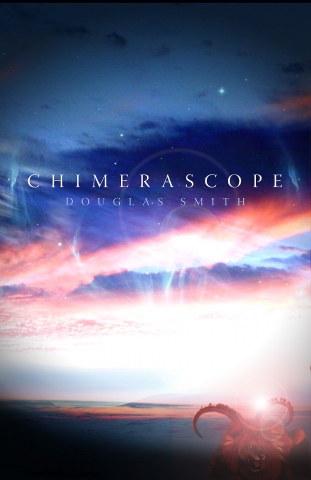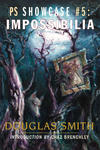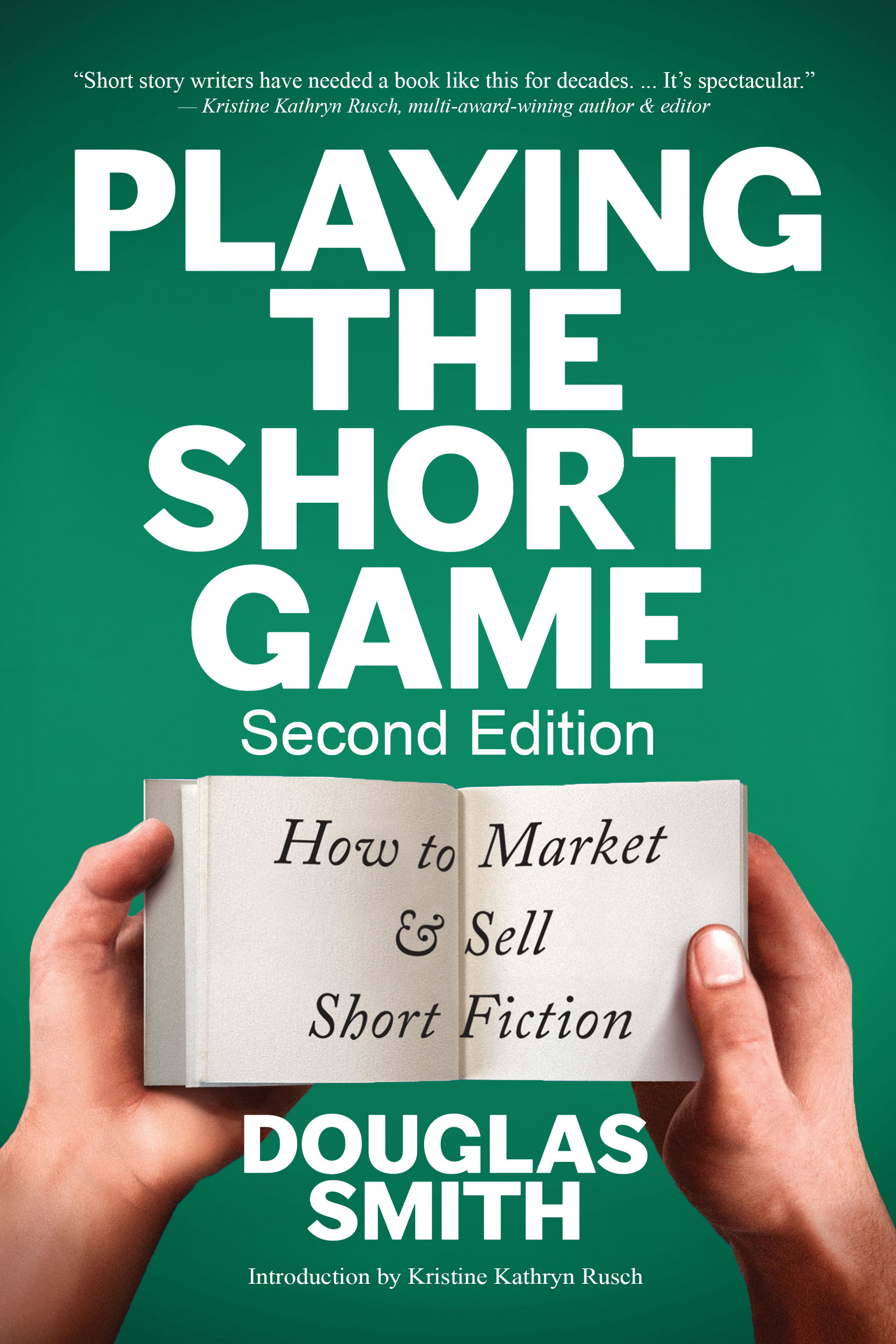Interview: Publishing a collection (part 3 of 3)
Krista Ball continues her three-part interview with me on my experiences in publishing my two collections and working with small presses. Part 3 is below or you can also read it on Krista's blog. Here are the links to the earlier posts in the series: Part 1 Part 2
Question: What are three things that people need to consider before going with a small press?
First is reputation. If you're considering a small press, check out their authors and contact at least three of them. Ask them about their experience with the press. How involved were they in the publishing process? Did they get cover input? What about the quality of the editing and copyediting? What about promotion? Where were they reviewed? Scan the awards ballots and see which presses are showing up regularly. And check out some of their books, especially their covers, and their author list. Any big names on their list? Would you like to be included on that list, or have you not heard of anyone that they publish?
Second is distribution. See my comments above. For the time being, print distribution into bricks and mortar bookstores is still very important. So you will want to understand exactly what distribution deals the press has to get your book into bookstores. And I'd include their business model in this as well. Do they only do limited print runs? Do they do paperback editions (cheaper for readers) or only hardcover? Do they produce ebook editions?
Third is the degree of authorial involvement in the publishing process. I mention some of this under the first point, but if you're considering a publisher, then they should be able to tell you how much you'll be involved with key decisions in the process, especially the cover.
Notice that I didn't mention money. I'm not saying that the money isn't important, but I'd suggest that you worry less over an advance and instead ensure that you understand their royalty structure, especially for the eBooks. And most importantly, make sure that you understand what rights you are licensing and are comfortable with how and when those rights revert to you.
Okay, I'm way beyond just "three things," but I have to mention another key option that any writer with a backlist of short stories needs to consider in 2011, and that is self-publishing a collection as an ebook or even as a POD book plus ebook. I haven't done an e-collection yet, but I have put up most of my backlist as individual ebook short stories, available through all the big e-tailers and now also on my own store. I can easily put out an ebook collection of just my fantasy stories, or my SF stories, or only my Heroka stories. It's all under my control.
It would take too much space to discuss indie publishing here, but it's become fairly simple to self-publish a book, whether it is a collection or a novel. If you want to know more about that world, I would strongly recommend Kris Rusch's "Business Rusch" blog series and Dean Wesley Smith's "Think Like a Publisher" blog series.

